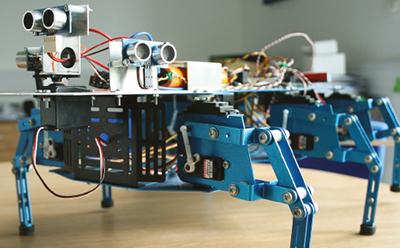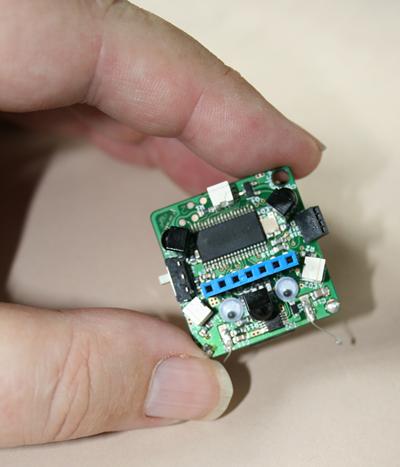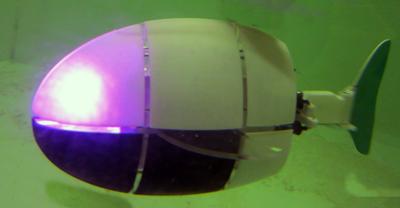Harnessing nature's solutions

Nature has an inexhaustible supply of systems that can both inform and challenge the robotic designer. Biologically inspired robotics is about studying biological systems, and looking for the mechanisms, sensors and controllers that may solve a problem in the engineering field. Systems benefit from the cross-pollination of interdisciplinary teams using technology across sectors.
Technological advantages
The use of biologically inspired mechanisms, sensors and control will increase our understanding of the problem domain and possible solutions. Inspiration can vary in type and scale, ranging from studying the human immune system to enhance robotic swarms to observing fish to optimise propulsion systems for underwater autonomous vehicles.
Technology Roadmap
Initial work included the development of robotic end effectors modelled on the mechanics of the human hand. This methodology has been used in developing a wide range of small, low-cost robots that can operate in a wide range of environments. Current work is concentrating on swarms, including simulation of bee-like behaviours, assembly of structures, and fault detection and mitigation.
Collaboration opportunity
Robotic Prototypes
Robotic prototypes vary in development and hardware costs. The Fisher system was developed using £2,000 of hardware and a student design team.
A more complex system, an autonomous vehicle for undertaking reconnaissance after a natural disaster, could be achieved at a cost of £10,000 in hardware plus six to 12 months of a research assistant’s time: a total cost of £80,000 a year.
Fundamental Research
Opportunities exist for fundamental research on swarm robotics, particularly to improve the robustness of the swarm and improve their flexibility: for example, detecting and tracing pollutants using a PhD student over four years at £40,000 a year.
Funding mechanisms exist to subsidise research costs.
If you would like to know more please contact Dr Richard Crowder rmc@ecs.soton.ac.uk
Other University of Southampton sites

